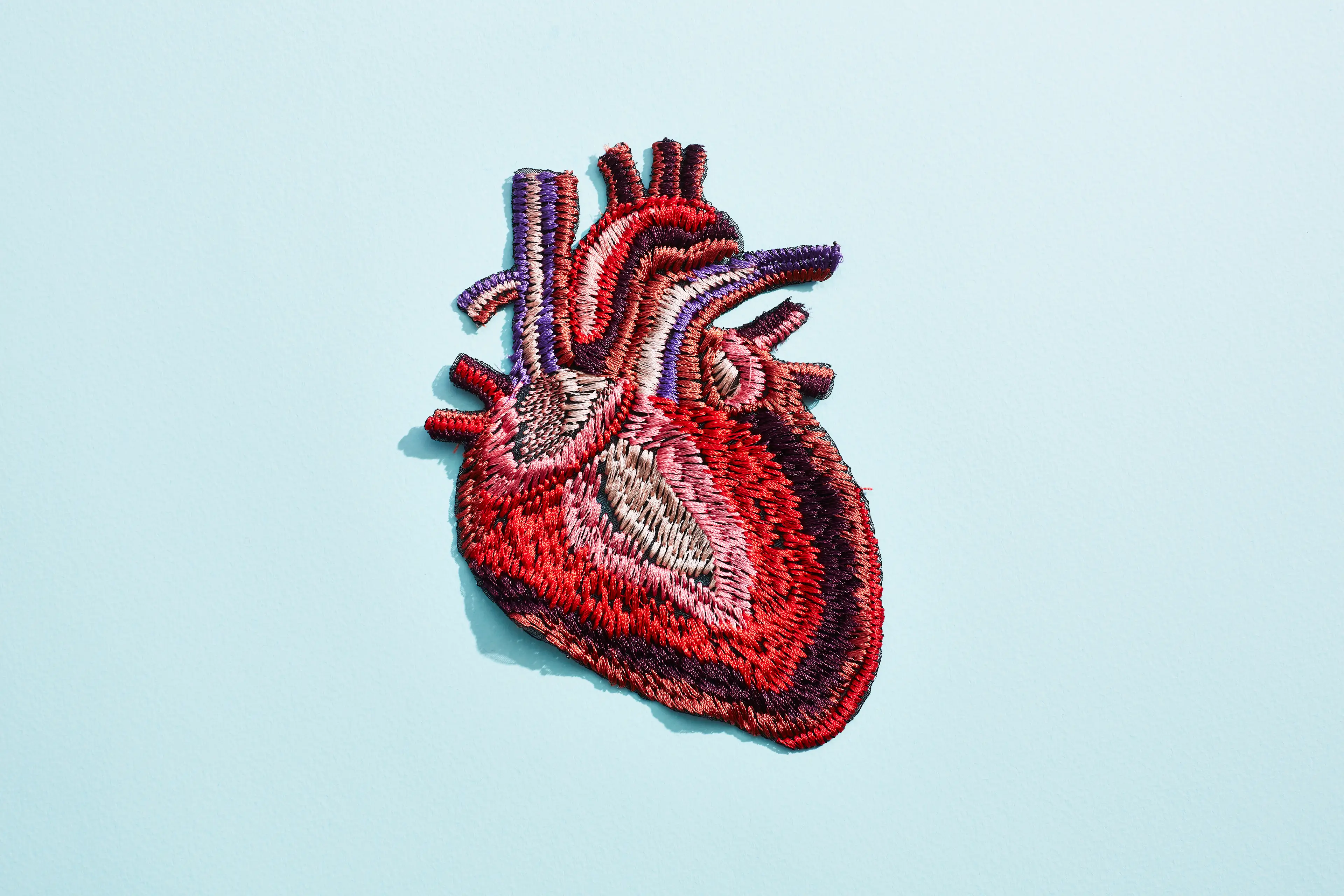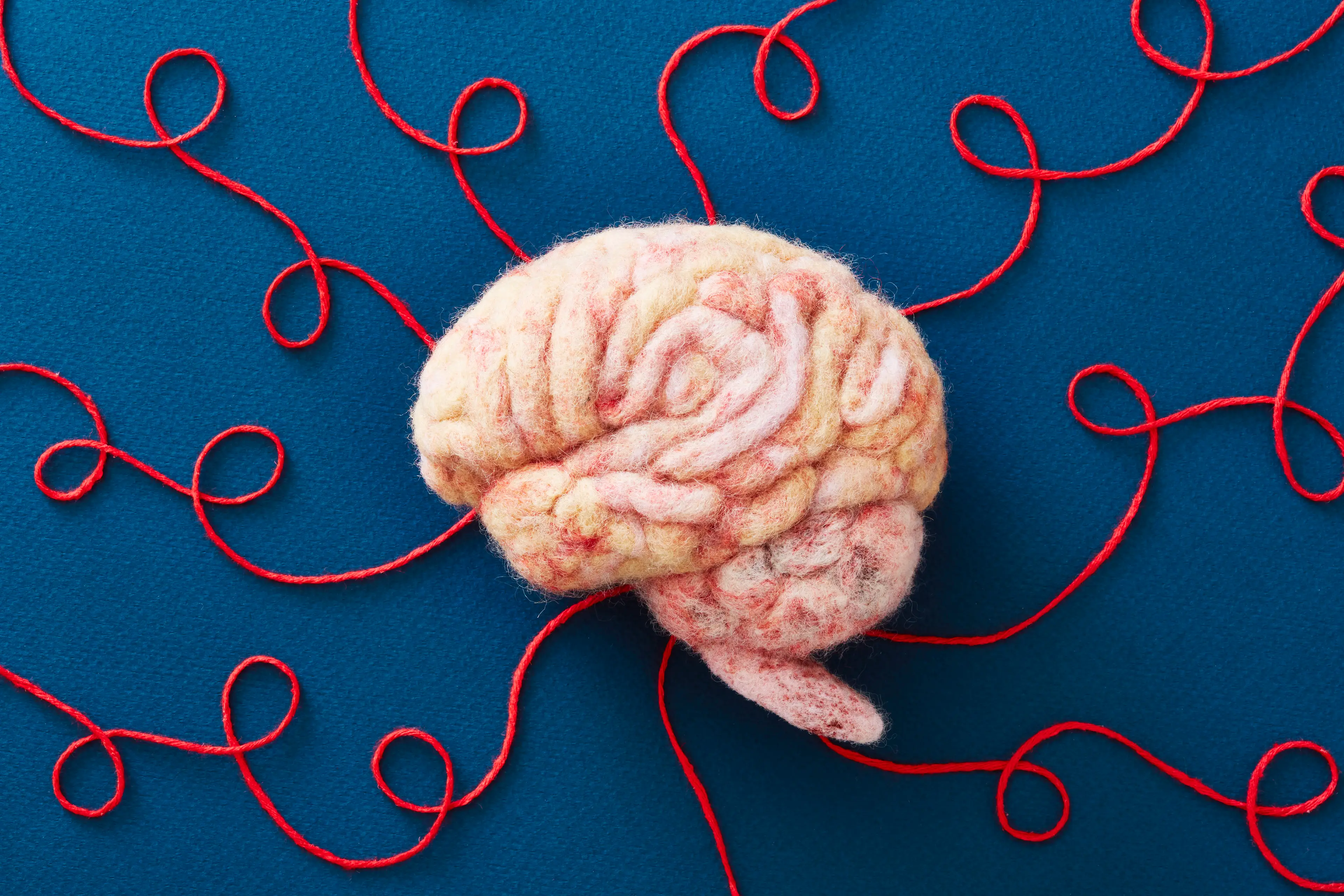
The prospect of going without food for a day and a half may sound torturous but for some it's seen as the key to all sorts of health benefits.
Fasting is a popular health fad which comes in many forms, but in this case we'll be talking about going without food for a 36-hour period.
Drinking water or having a coffee is fine during this period, and frankly it's not a good idea to go 36 hours without a drink, but this diet keeps food off your plate for that period of time.
A simulation from Wellness Wise, which is not an official health institution and says its content is 'not a substitute for professional advice', shows some of the claimed benefits of fasting for a 36-hour period.
Advert
Of course, if you're planning on giving fasting a go then as with any major dietary change you should go and seek the opinion of a medical professional first, as it's not for everyone and the benefits are disputed.

Burning fat
This is the main benefit people are looking for when they're fasting as it's reckoned that within a few hours of not eating, the body starts burning fat stores.
The simulation claims that after four hours your body begins burning stored sugar, but after 12 hours it switches over to fat and begins something called ketosis which is where fat burning is prioritised.
For many people who give fasting a go, this is what it's all about as they switch their body from burning stored sugar and carbs.

Your heart
Losing weight is good for the heart, provided you've got excess weight to lose.
However, studies on the effects of fasting on your cardiovascular health are mixed as some research suggests it can help your heart, while other studies warn that certain types of fasting might have the opposite effect.
Another type of fasting compared to the 36-hour method is trying to reduce food consumption to an eight-hour window each day, but studies of 19,000 adults found it can spike cardiovascular disease risk by 135 percent.
You really should be seeing a doctor to talk about a major lifestyle change like this before you undertake it.
Brain power
Proponents of 36-hour fasting say that ketogenic diets change the brain's metabolism and provide your noggin with an important source of energy, resulting in cognitive improvements.
Your brain needs to get energy from somewhere, just like the rest of your body, and fans of fasting reckon it gives you a clear focus once you break on through.
However, other research warns that for healthy individuals there is 'no clear evidence of a positive short-term effect' on the mind from fasting, while noting that it could be more useful for those with epilepsy, MS or Alzheimer's.

Cellular repair
This is the 'full reset' which fasting fans say is a big benefit.
Fasting for 24 hours or more brings on something called 'autophagy', which involves your body reusing old and damaged parts of cells in a process not unlike recycling.
Essentially, your cells have got bits of junk in them made up of old and damaged parts and if it gets to be too much then the cells can stop working properly.
According to the Cleveland Clinic, autophagy helps to repair and restore your cells and it occurs when your body is deprived of nutrients, hence why fasting brings it on.
If your body isn't getting what it needs then your cells start eating themselves to survive, starting with the old and broken bits.

The concerns
Not everyone is on the same page when it comes to the supposed benefits of the 36-hour fast.
A group of experts told The Guardian that while this type of fast might help do all the things its supporters claim, much of the claims are based on research on rodents, not humans.
James Betts, Professor of Metabolic Physiology at the University of Bath, explained that there are 'a lot of proposed benefits' to fasting, but warned the research hadn't been borne out in human beings so he doesn't 'see dramatic health benefits'.
The benefits of autophagy, for example, have been studied in animals to give a window of 24 to 48 hours for it to kick in but there's not been enough research on whether this works for humans too.
He also warned that the weight loss could be muscular rather than the body burning off stores of fat, which would not be ideal.
Adam Collins, Associate Professor of Nutrition at the University of Surrey, warned that 'the levels of ketones are not going to be super high' after 36 hours of fasting and so it was not clear if the benefits would really be worth it.
Once again, you should very definitely seek out a doctor's advice for yourself before you make major changes to your diet like this, go and speak to someone with qualifications.
Topics: Lifestyle, Food And Drink, Science